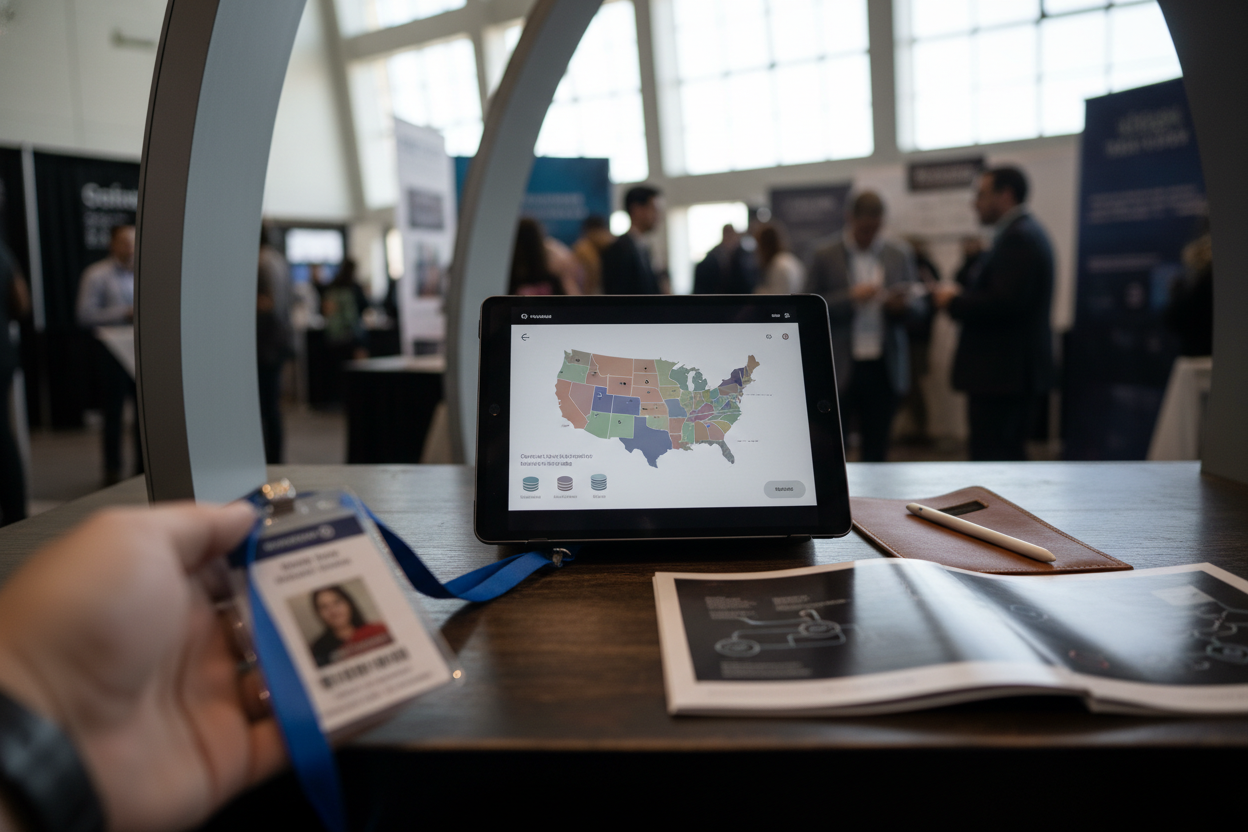
Singapore’s regulatory approach to stablecoins in 2024 is both forward-thinking and uncompromising. As global demand for digital assets grows, the Monetary Authority of Singapore (MAS) has positioned the city-state as a pivotal hub for compliant stablecoin activity. For crypto firms aiming to issue or operate stablecoins in Singapore, understanding the latest licensing requirements is non-negotiable. This legal guide breaks down the essential elements of stablecoin regulation Singapore and highlights what firms must do to remain on the right side of MAS rules.

Stablecoin Issuance: The New Regulatory Baseline
In August 2023, MAS finalized a robust framework for single-currency stablecoins (SCS) pegged to either the Singapore Dollar or any G10 currency. This framework took effect in early 2024, marking a clear shift from loosely defined digital asset oversight to a regime anchored by transparency and prudence. The key regulated activity is now termed the Stablecoin Issuance Service, falling under the Payment Services Act (PSA).
The regulatory scope is laser-focused: only SCS issued out of Singapore are eligible for recognition as ‘MAS-regulated stablecoins’: a label that carries significant market credibility but also strict compliance obligations. Multi-currency and algorithmic stablecoins are notably excluded from this category, though algorithmic models can enter MAS’s sandbox for payment services.
Who Needs a License? Thresholds and Exemptions Explained
The licensing landscape is nuanced, with thresholds designed to balance innovation against systemic risk. Non-bank issuers with more than SGD 5 million in SCS circulation must secure a Major Payment Institution (MPI) license from MAS. Firms below this threshold are exempt from full licensing but face marketing restrictions, they cannot advertise their products as ‘MAS-regulated stablecoins’.
This distinction matters not just for branding but also for market access and user trust. The MPI license brings with it heightened scrutiny on operational resilience, anti-money laundering controls, and ongoing reporting duties. Notably, banks issuing SCS are subject to equivalent standards under their own regulatory regimes.
Core Compliance Pillars: Reserves, Redemption, Capital
The backbone of Singapore crypto compliance for stablecoin issuers revolves around three pillars:
- Reserves Management: Issuers must maintain reserves equal to at least 100% of all outstanding SCS at par value. These reserves must be held in low-risk, highly liquid assets, think cash or government securities, and segregated with licensed custodians.
- Redemption at Par: Holders have the right to redeem their stablecoins at par value within five business days upon request, a rule designed to anchor price stability and user confidence.
- Capital and Liquidity Standards: Minimum base capital requirements are set at SGD 1 million or 50% of annual operating expenses (whichever is higher), alongside an additional liquidity buffer.
This rigorous approach aims to avoid the pitfalls seen in other jurisdictions where under-collateralized or opaque stablecoin reserves have led to market disruptions.
A Closer Look at Disclosure and Audit Requirements
Mere compliance isn’t enough, issuers must also demonstrate transparency through regular disclosures and audits. Monthly independent attestations of reserve holdings are mandatory, along with annual financial audits by qualified professionals. User-facing disclosures should clearly explain redemption rights, reserve composition, and any material risks associated with holding the token.
This high bar aligns with both global best practices and local expectations around consumer protection, a key reason why institutional interest in MAS-regulated stablecoins is on the rise.
Beyond these core pillars, firms should note that labeling restrictions are strictly enforced. Only stablecoins fully compliant with MAS requirements are permitted to use the “MAS-regulated stablecoin” designation. This label is not just a marketing tool – it is a regulatory badge that signals an issuer’s adherence to the highest standards of reserve integrity, redemption rights, and ongoing oversight. Attempting to market non-compliant tokens as regulated can result in severe penalties and reputational damage.
Cross-Border Activity and New Licensing Pressures
The regulatory perimeter is expanding in 2024-2025, especially for firms offering cross-border crypto services from Singapore. As of June 30,2025, the Financial Services and Markets Act (FSMA) mandates that all such service providers must obtain an appropriate license. The cost of non-compliance is steep: fines up to SGD 250,000 and possible imprisonment for up to three years. For stablecoin issuers with global ambitions or regional client bases, this means a dual focus on local compliance and international risk management is no longer optional.
Key Steps for Singapore Stablecoin Compliance
-
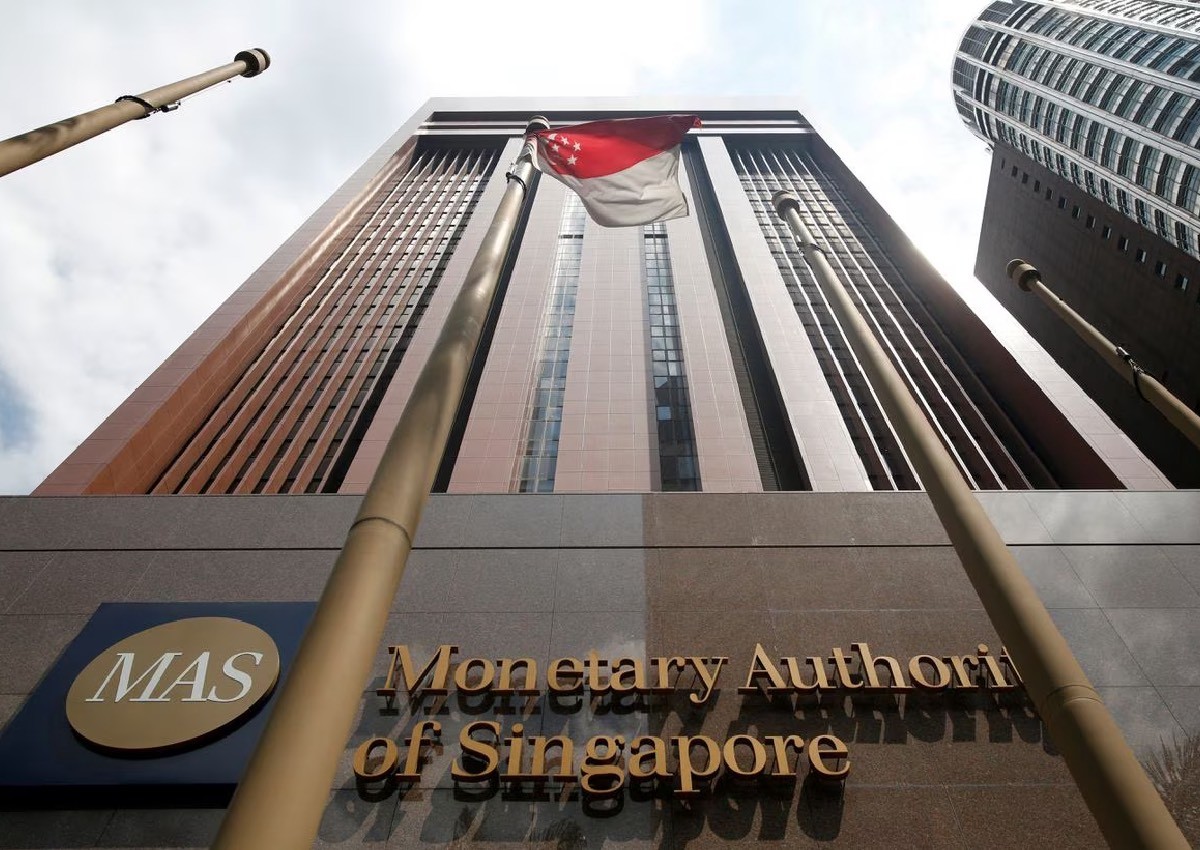
Determine Stablecoin Eligibility: Ensure your stablecoin is single-currency, pegged to the Singapore Dollar or a G10 currency, and not algorithmic, as only these are eligible for ‘MAS-regulated stablecoin’ status.
-

Obtain a Payment Services Act (PSA) License: Apply for the appropriate PSA license, such as the Major Payment Institution (MPI) license if your stablecoin issuance exceeds SGD 5 million in circulation.
-
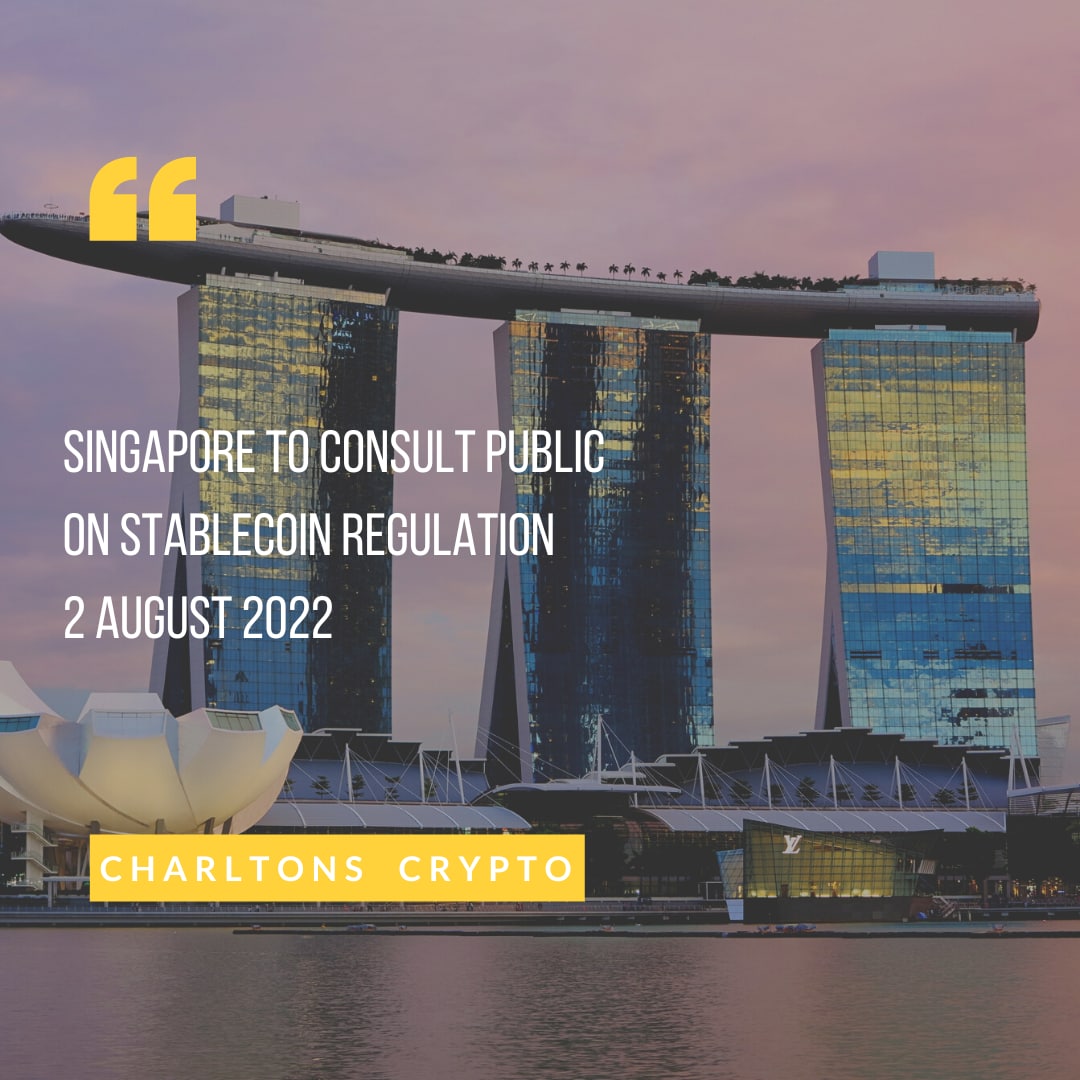
Meet Reserve Requirements: Maintain reserves equivalent to at least 100% of the outstanding stablecoin value, held in low-risk, highly liquid assets with licensed custodians.
-
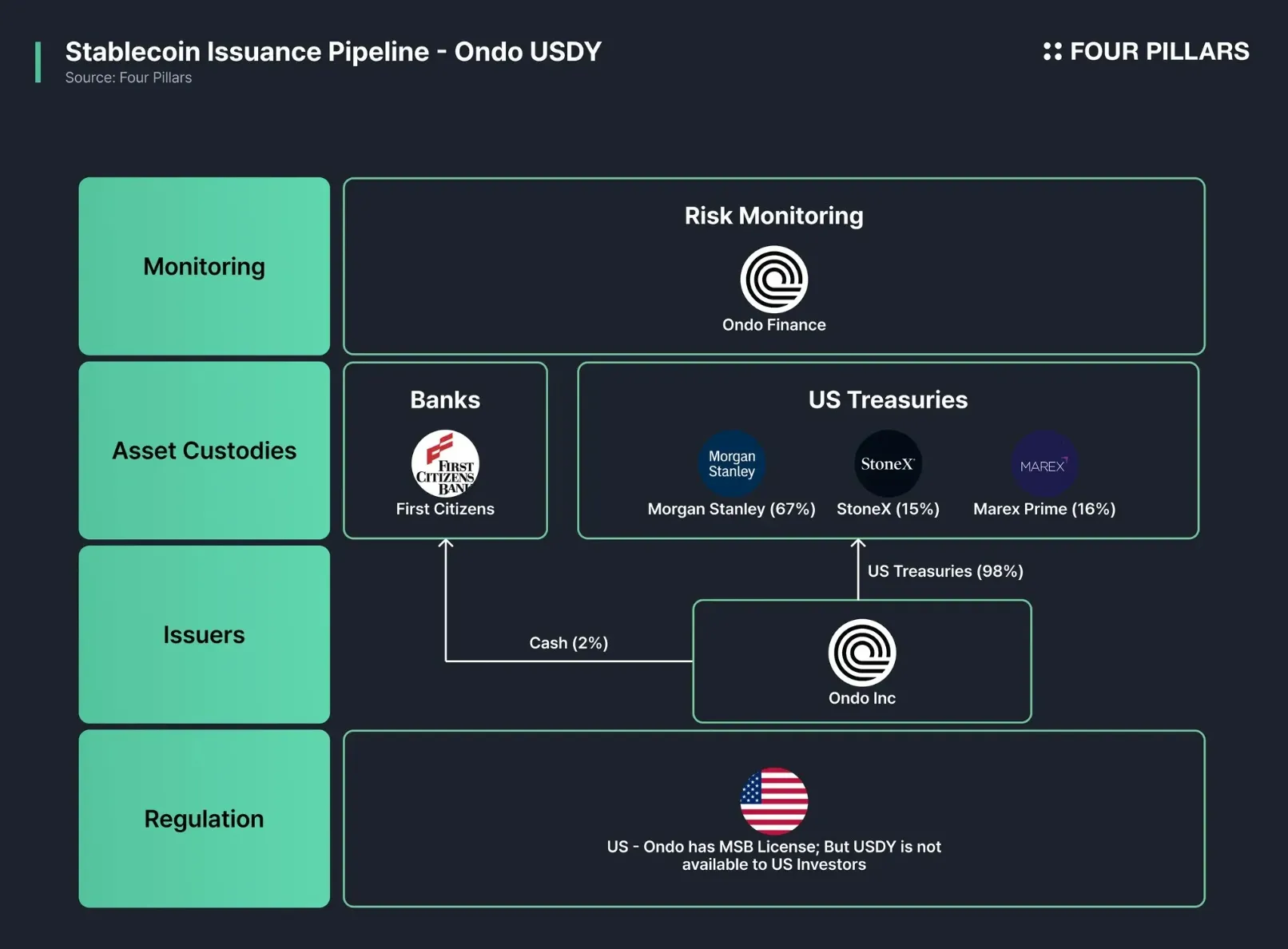
Implement Redemption at Par: Establish systems to guarantee holders can redeem stablecoins at par value within five business days upon request.
-

Comply with Capital and Liquidity Standards: Maintain a minimum base capital of SGD 1 million or 50% of annual operating expenses (whichever is higher), and ensure sufficient liquidity buffers.
-
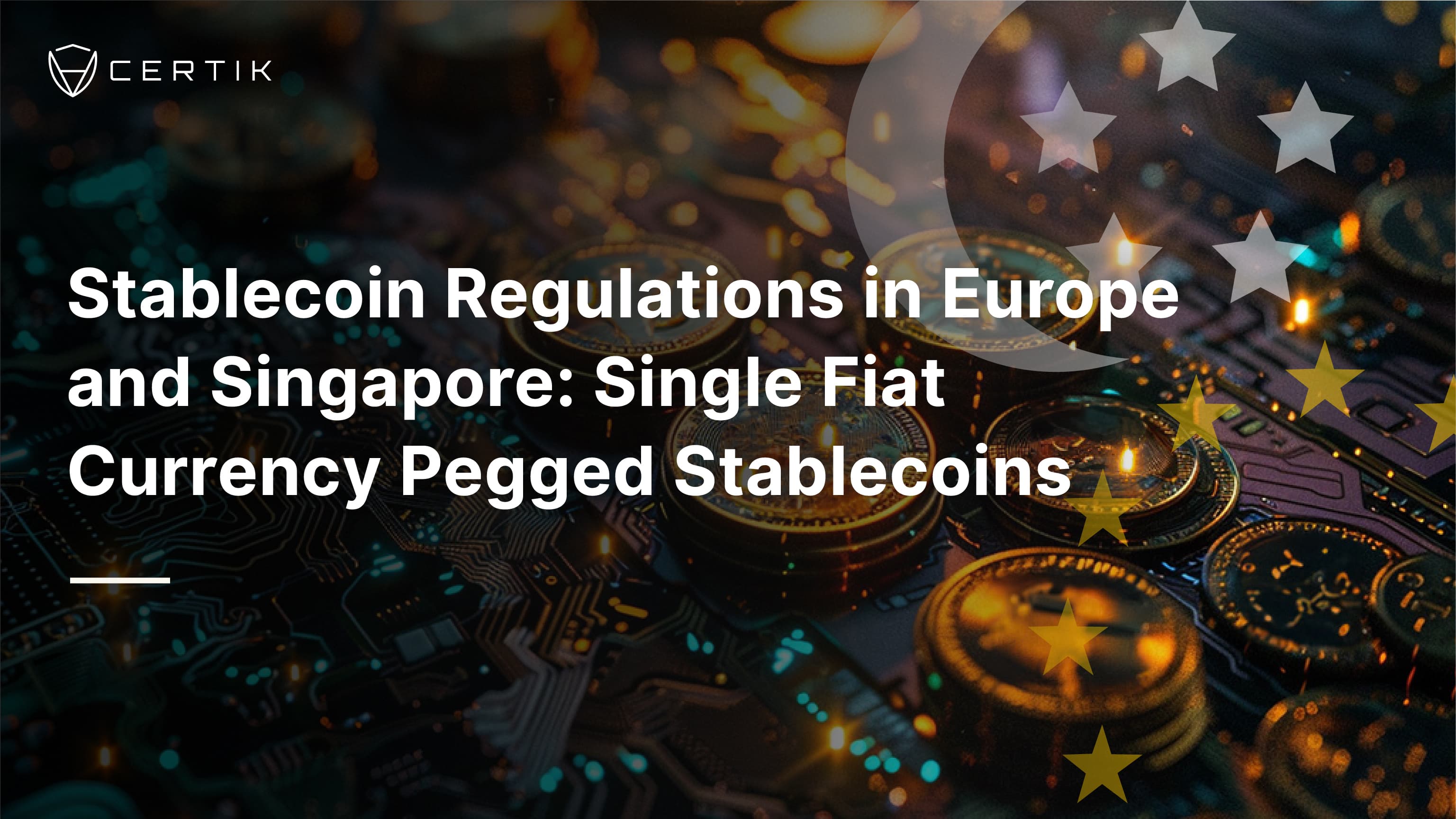
Fulfill Disclosure and Audit Obligations: Provide transparent disclosures, undergo monthly independent attestations of reserves, and complete annual financial audits.
-
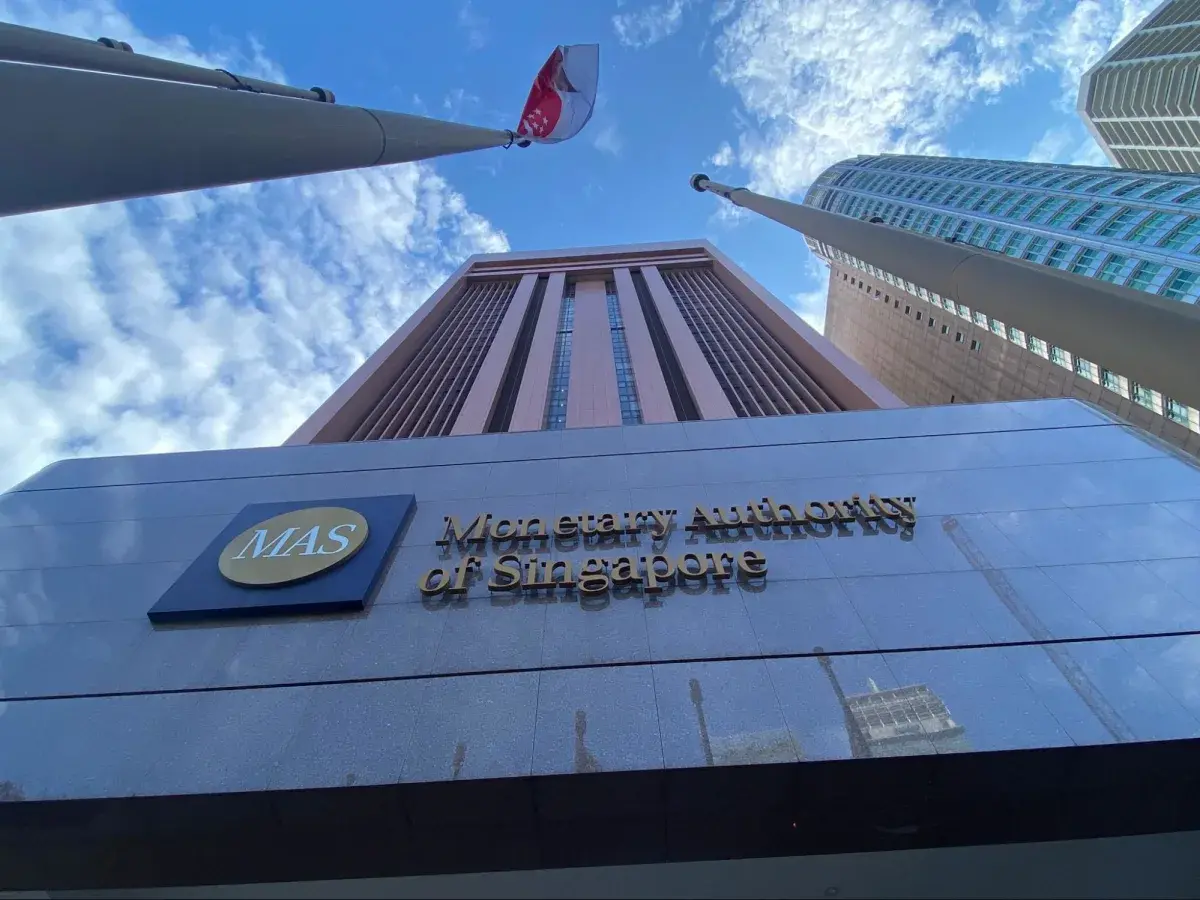
Adhere to Labeling Rules: Only label your product as an ‘MAS-regulated stablecoin’ after full compliance with all MAS requirements.
-

Secure Cross-Border Licensing (if applicable): If offering cross-border crypto services, obtain the necessary license under the Financial Services and Markets Act (FSMA) to avoid penalties.
While the MAS framework is deliberately rigorous, it also offers a degree of regulatory certainty rare in the crypto sector. Firms willing to meet these standards will find Singapore’s regulatory environment supportive of innovation – provided they maintain robust compliance programs and adapt quickly to new guidance from MAS.
Strategic Takeaways for Crypto Firms Entering Singapore
The evolving landscape means legal teams and compliance officers must stay vigilant. Here are several strategic considerations:
- Monitor Reserve Ratios: Ensure daily reconciliation against issued SCS volumes; lapses can trigger immediate regulatory action.
- Upgrade Audit Infrastructure: Monthly attestations require coordination with independent auditors familiar with digital asset reserves.
- Nurture Regulator Relationships: Early engagement with MAS can clarify ambiguities around new product launches or technology integrations.
- Plan for Cross-Border Growth: If your roadmap includes regional expansion, prepare now for FSMA licensing obligations coming into force by mid-2025.
The bottom line: Singapore’s approach rewards transparency, prudence, and operational excellence. Firms that invest in these areas will not only meet MAS requirements but also win investor trust and institutional interest as the market matures.
If you’re considering launching or scaling a stablecoin business in Singapore, review the full details of the new regime at this comprehensive guide. For further insights on how these rules impact global onboarding and exchange operations, see this resource.






